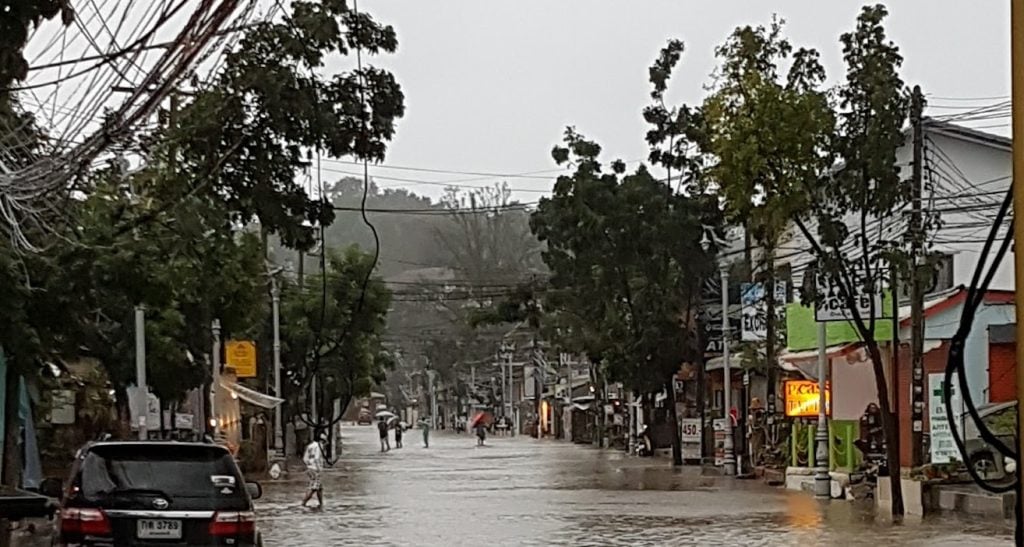menu
Policy Paper
We would push for an expansion of the definition of ‘refugee’ on the international stage
The legal definition of the term ‘refugee’, and the internationally-recognised protection they are entitled to, has been ever-evolving. As such, it would not be radical to expand the definition today.
When the Refugee Convention was first drafted and signed in 1951, it only referred to Europeans displaced by the second world war. Notably, while India and Pakistan were involved in the early stages of drafting the Refugee Convention, both countries eventually walked out of the talks once it became clear that the governments at the helm of the United Nations would not allow the inclusion of individuals impacted by Partition (or any other conflict outside of Europe) in the treaty.
The umbrella of protection was finally expanded in 1967, after much hard work and lobbying by governments in newly-independent countries such as Gambia, Cameroon, and the Central African Republic, to include individuals from all countries and conflicts. Today, most countries, including the UK, are a signatory to at least one of these treaties, and are thus legally obligated to respect the rights of those seeking asylum.
We would push for another expansion of the international definition of ‘refugee’ to include those displaced for reasons related to climate change. We would do this not because we believe in the fear-mongering reports which claim mass displacements caused by climate change, as migration experts have tended to denounce these and instead have reminded us that humans are often able to adapt in face of harsh realities. Indeed, even if those most impacted by climate change wanted to immigrate, few will have the means to do so. As with all migration, the vast majority of those who are forced to leave their homes due to climate change will remain in their home country or home region.
We instead wish to expand the definition to show solidarity with those most impacted by climate change, and in recognition of the fact that it is those living in rich countries such as the UK who have contributed the most to climate change and its disastrous effects while those most impacted have contributed the least.
We believe it is now and will continue to be our moral and legal obligation to welcome those in need of refuge, especially when we have contributed to the root causes of their need to leave home.
Policy
RA 102. The Green Party will extend the applicable definition of a refugee to include those forced to leave their homes by reason of “external aggression, occupation, foreign domination or events seriously disturbing public order” (Convention of the Organisation of African Unity 1969), and affirms that global heating and environmental catastrophe are included under the term “events seriously disturbing public order”.
Read the full Green Party Refugee and Asylum policy here.

Policy Papers
Here we have compiled a list of articles and background papers on a range of topics that have helped us inform our policy making and that you may find useful to read and share.

